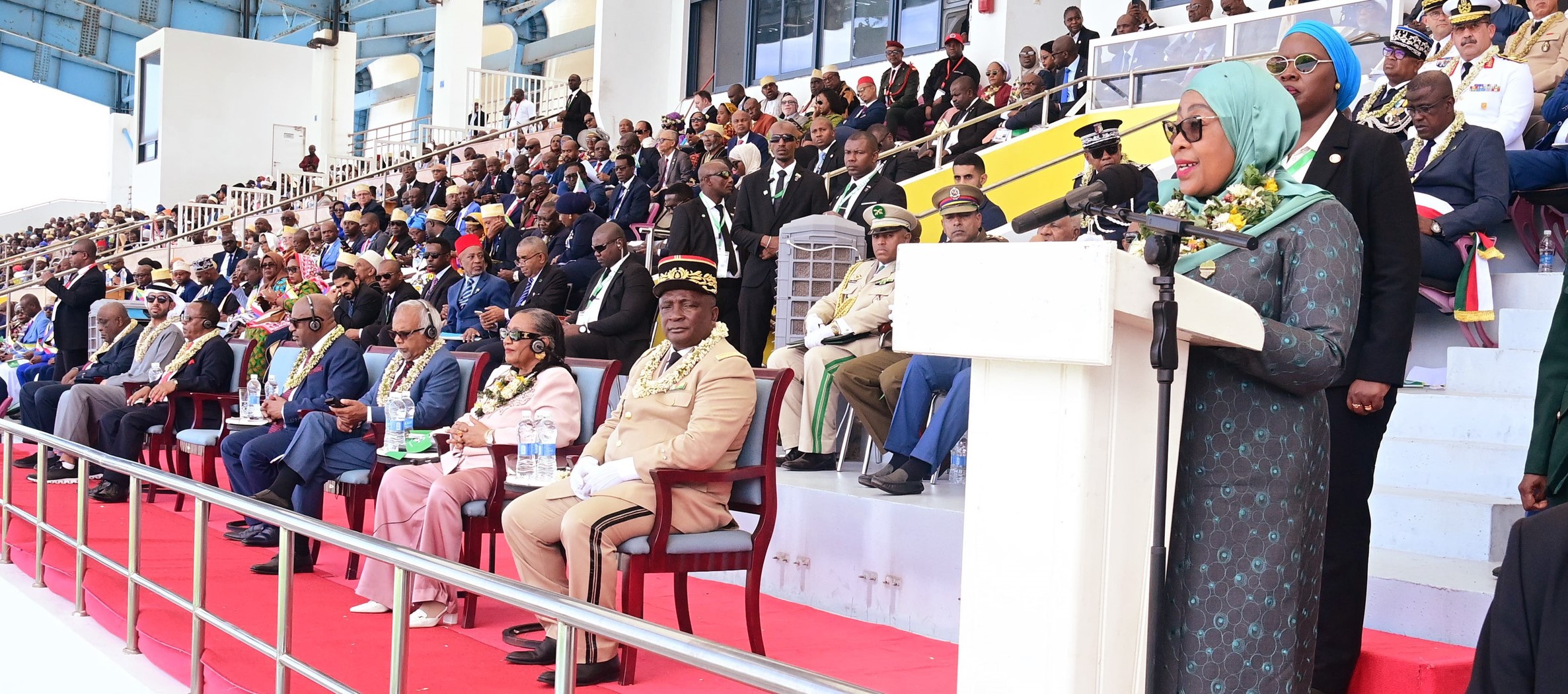What Tanzania plans to do to lower lending interest rates

Deputy Minister for Finance and Planning Dr Ashatu Kijaji. Photo | File
What you need to know:
Deputy Minister for Finance and Planning Dr Ashatu Kijaji also told the National Assembly that the government will continue taking more measures to ensure further decrease of the interest rates.
Dodoma. The government has outlined five policy measures it has taken to stimulate lowering of lending interest rates in Tanzania.
Deputy Minister for Finance and Planning Dr Ashatu Kijaji also told the National Assembly that the government will continue taking more measures to ensure further decrease of the interest rates.
Dr Kijaji was responding to a question asked by Mr Khatibu Haji (Konde -CUF) who wanted to know steps taken by the government to reduce interest rates in the banking sector.
"After taking some policy measures, alredy some banks have positively responded by lowering their interest rates," said Dr Kijaji mentioning CRDB bank, NMB Bank and Banc ABC to have lowered the rates.
The meaures include the use of credit reference bureau system; lowering of BoT short-term loans to commercial banks to 6.89 per cent; lowering discount rates from 16 per cent to 9 per cent; reduving Statutory Minimum Reserves Requirement from 10 per cent to 8 per cent; and paying of audited debts to reduce non-perfoming loans.
Some MPs who asked supplementary questions congratulated the efforts takenk and asked it to ensure further reduction of the rates.
"The current interest decrease involves just loans to employees and we would like to see this reflected in trade loans.
"Loans issued by microfinance institutions are also still expensive and serve many Tanzanians," said Mr Haji.



